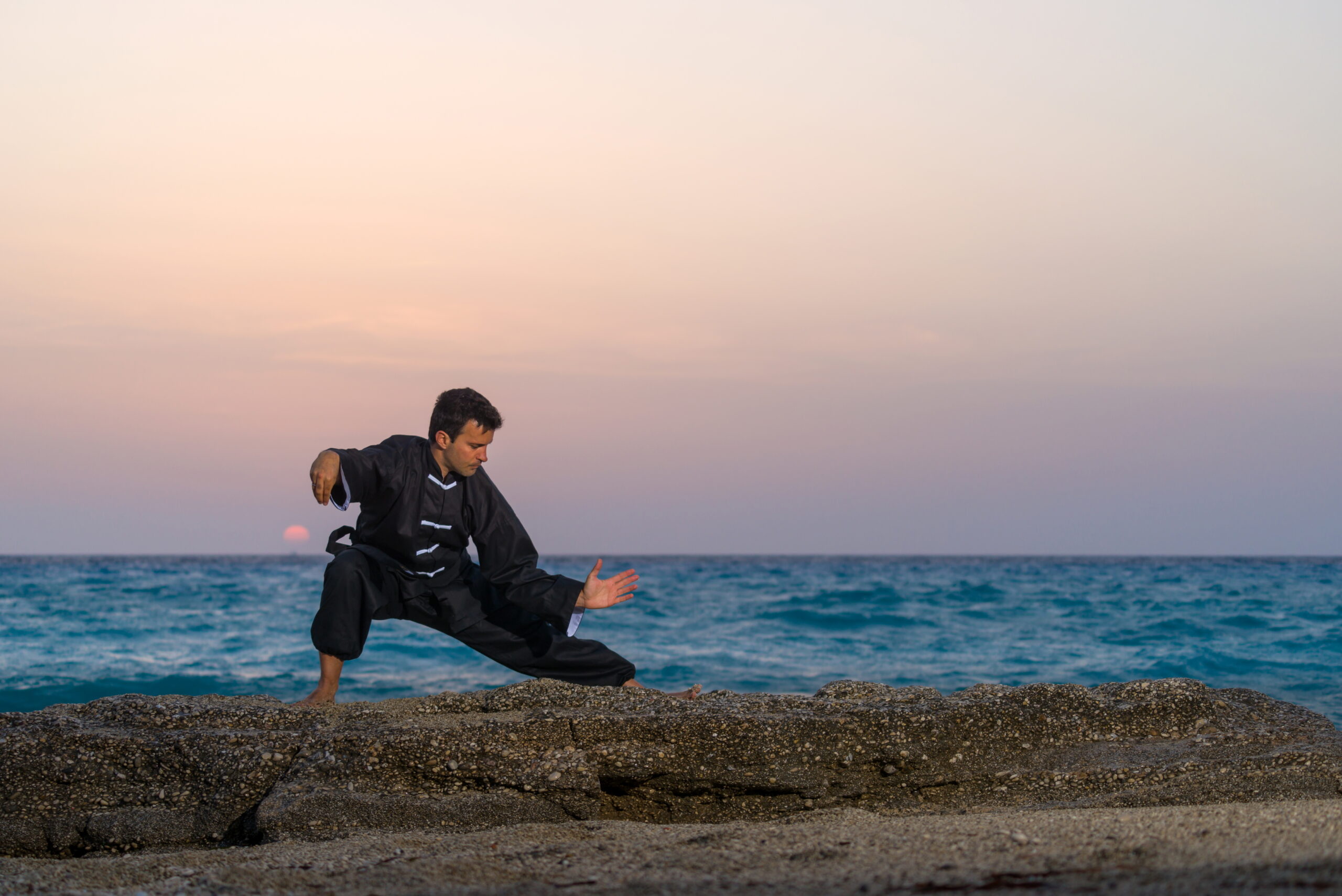
There are times when people tend to give up on their training. One occasion is when they think they are rubbish and they give up hope, the other is when they think they are great and loose motivation.
The foundation level is, for many, the hardest. It is during this stage that they go from unconscious incompetence to conscious incompetence. That is, when they begin, they don’t really know how much there is to know or how high the skill level can rise to. Here they are faced with the full realisation that even the little they thought they knew turned out to be wrong and they are confronted with their own complete incompetence. Over the first few weeks or months they get a glimpse of what is possible, see their own inability and can get either despondent or inspired. It is like the feeling of insecurity one has when suddenly among people who speak an alien language and one feels lost and unable to participate in the conversation, not even knowing what the conversation is about. This is when some people will just quietly give up and go home. This is where in addition to teaching skills/techniques, the instructor has a job of impressing on their students, the belief that they too are capable of great skill if they will only persevere. “The difference between a beginner and a master is that the master has failed more times that the beginner has even tried.” That is to say, we were all incompetent when we started.
It is often during the intermediate level and on into the advanced, that many students reach the conscious competence stage. They have some skills and know they have them. Here the student can think, “Yes I have enough skill now to serve me well.” However, at this point their skills are often totally context related. That is, they can perform techniques when they think about them and within the safe environment of the training studio or their own home. In many martial arts traditions this is the stage that students get to just before they become bored and leave. They think they have achieved what they set out to do. They know Kung Fu. Many times, I have seen when someone, who has a high-ranking belt, even several rungs above black, needs their skill in a real situation only to find that they could not use them. This not only brings martial arts in general into disrepute, but is very discouraging for the student who begins to think they have wasted, perhaps, years of training. Not to mention the danger involved in believing you have a skill that it turns out you can’t use. Imagine, after learning how to fly a plane in a simulator, discovering that the real thing involves emotions you hadn’t learned to control and you freeze, hands ridged on the joy stick. Or like the person who has done a course in Spanish at school, sat an exam and feels they have learned it well, they conscious competence, but they get cornered by a Spanish visitor at a party who is a little drunk, has a rural accent and has been directed to the guy who “knows Spanish.” If you learned to listen to Spanish spoken with every word separately, perfectly pronounced, you would have a shock when hearing a native speaker. Martial Arts can be a bit like that. You learned a number of techniques that you could perfectly perform against a specific and pre-planned attack. But against the flurry of unpredictable strikes from a drunk, angry attacker in bad lighting, with loud music, is so very, very different. The problem is, partly, that in these scenarios they were not taught properly in the first place, but mainly the problem is that they have not understood that mastery is achieved when one has unconscious competence. At the stage of unconscious competence, the skills/techniques have become a part of one’s unconscious identity. The skill has moved from being what you know, to part of who you are. If asked, you may have even forgotten the names of moves, or the Forms in which you first learned them, but when you see someone being assaulted, you step straight in without hesitation and deal with the problem with minimum fuss. This is the stage when you have almost forgotten that you have these skills, because you no longer think of them as learned skills, any more than you think of walking or eating as skills. It requires little effort to maintain skills at this level because they are built into the fabric of your being. This is the way people use their native language; even when they have been in another country for years. When, without notice and years since they last spoke it, a stranger suddenly asks them a question in their native language, without a pause, they will answer in the same language, almost without noticing that they have switched.
Mastery then is not simply having a skill, but when the skill is totally integrated into who you are. Not unlike the difference between being competent to speak Spanish and being Spanish.
